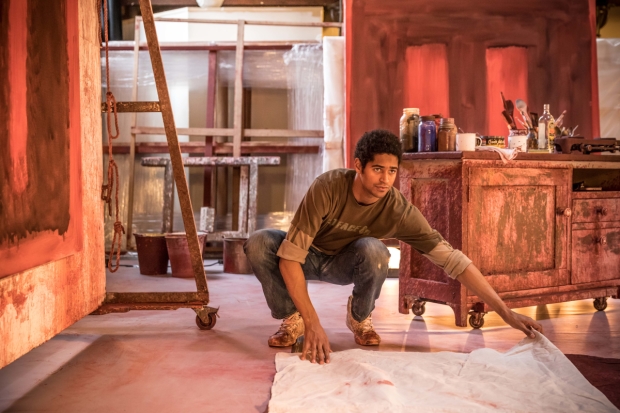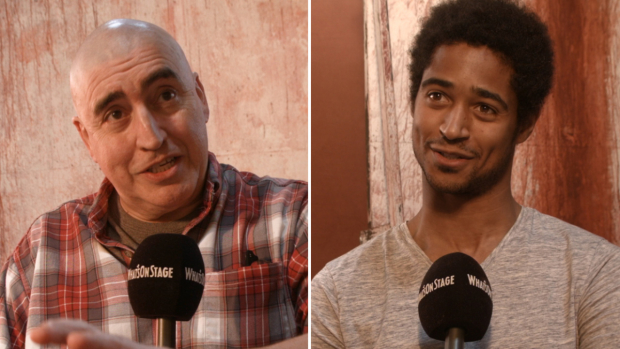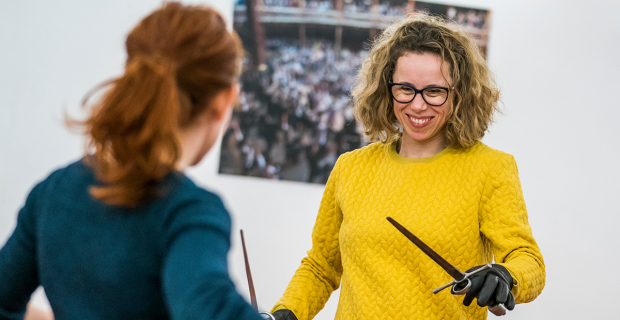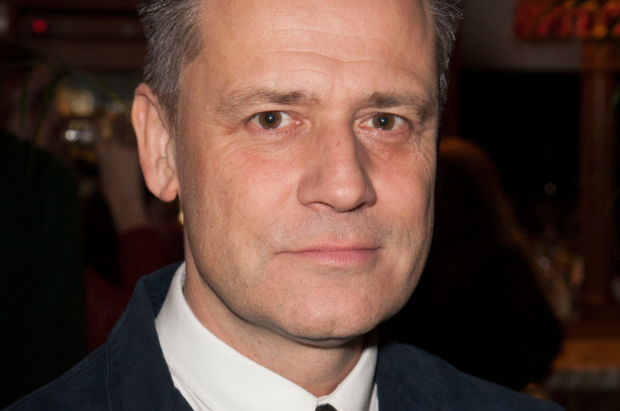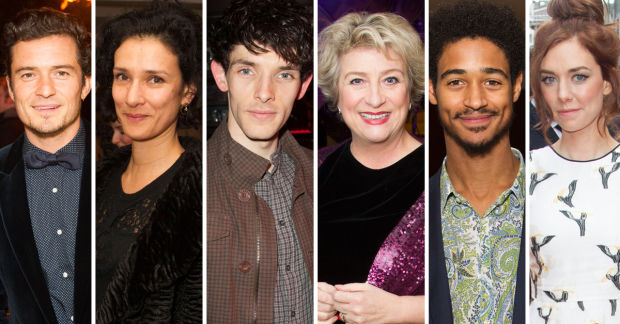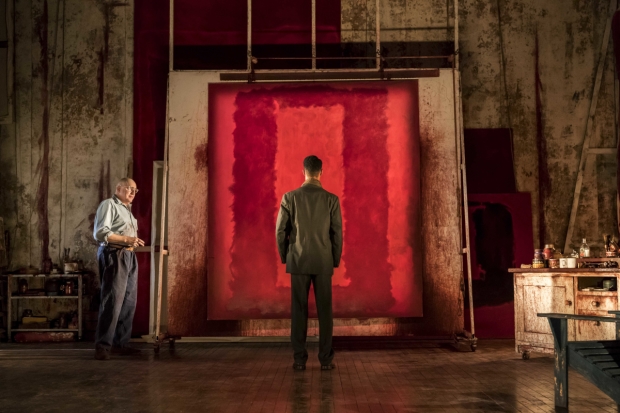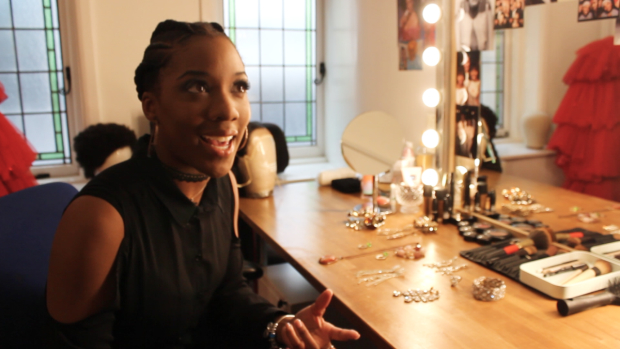Review: Red (Wyndham's Theatre)
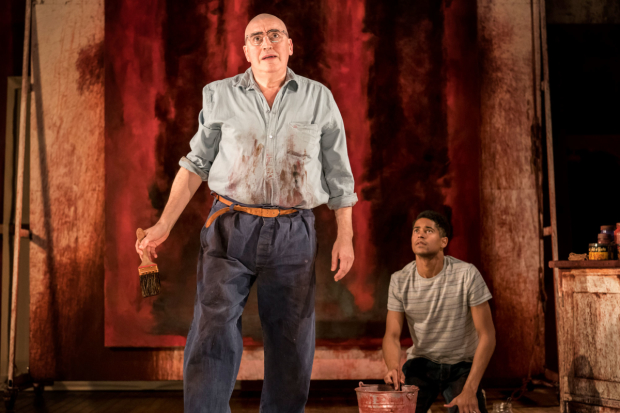
© Johan Persson
John Logan's play about a crisis in the life of the artist Mark Rothko has become an award-laden popular hit since it first premiered at the Donmar Warehouse in 2009. Yet the skill of Michael Grandage's production and a towering central performance by Alfred Molina cannot entirely disguise its imperfections. It's less a perceptive masterpiece and more an art history yawn.
I happened to see it after a trip to Tacita Dean's Portraits exhibition at the National Portrait Gallery nearby. There the artist fixes her gaze and a film camera on great creators – David Hockney, Claes Oldenburg, Cy Twombly, Merce Cunningham – and by patient watching, reveals them. In contrast Logan is all too anxious to explain.
He sets up an encounter between Rothko and an imaginary assistant Ken (Alfred Enoch, best known from the Harry Potter films and How to Get Away with Murder) in a studio in New York's Bowery between 1958 and 1959 when Rothko is painting a series of black and red murals that are due to hang in the Four Seasons restaurant in the Seagram Building, just then being built. He sees them as objects of contemplation not commodities; Ken, once he plucks up courage to speak, sees this as an act of monumental self-delusion.
In the course of a sequence of short scenes, over 90 unbroken minutes, there is a lot of talk about the spiritual purpose of art and its commodification, quite a bit of discussion of the art of the past, an examination of the artist's longing for immortality and the inevitability that the towering talents of one era will always be overtaken by the young pretenders of the next. Rothko explains that he fears one day "the black will swallow the red" presaging his ultimate suicide; Ken, who mainly acts as a foil for Rothko's ranting, talks about the colour white and the way he associates it with the day his parents were murdered.
It is all interesting, as far as it goes, but it never really goes very far. I felt I didn't know much more about Rothko when I left than when I walked in; he becomes a series of attitudes rather than a real man.
All the most engrossing things come from the production not the text. Christopher Oram's set, with its simulacra of Rothko's great paintings and its glorious collection of artistic clutter – buckets full of rich paint, jars of red powder, an old record player – really does pulse and throb with the pleasure of artistic creation. Neil Austin's lighting bathes it in a magical glow. Grandage's sensitive direction animates every conversation with a delicate ebb and flow.
Quite the best moment comes when the two men race to paint the background for a canvas; it has a frenzy of excitement and skill that tells you everything you need to know about the commitment an artist needs. As they collapse exhausted, looking at the result, there is a shared sense of endeavour, a wonder at the effects of colour and light.
Molina throughout is magnificent, terrifying in his rages, but profoundly moving as he touches his canvases quietly, waiting for them to speak to him. Facing a performance that has grown over the years to such a pitch of intensity and detail it is hard for Enoch to shine, but he does convince as a man struggling to make his own way, and to understand the significance of all he sees.



